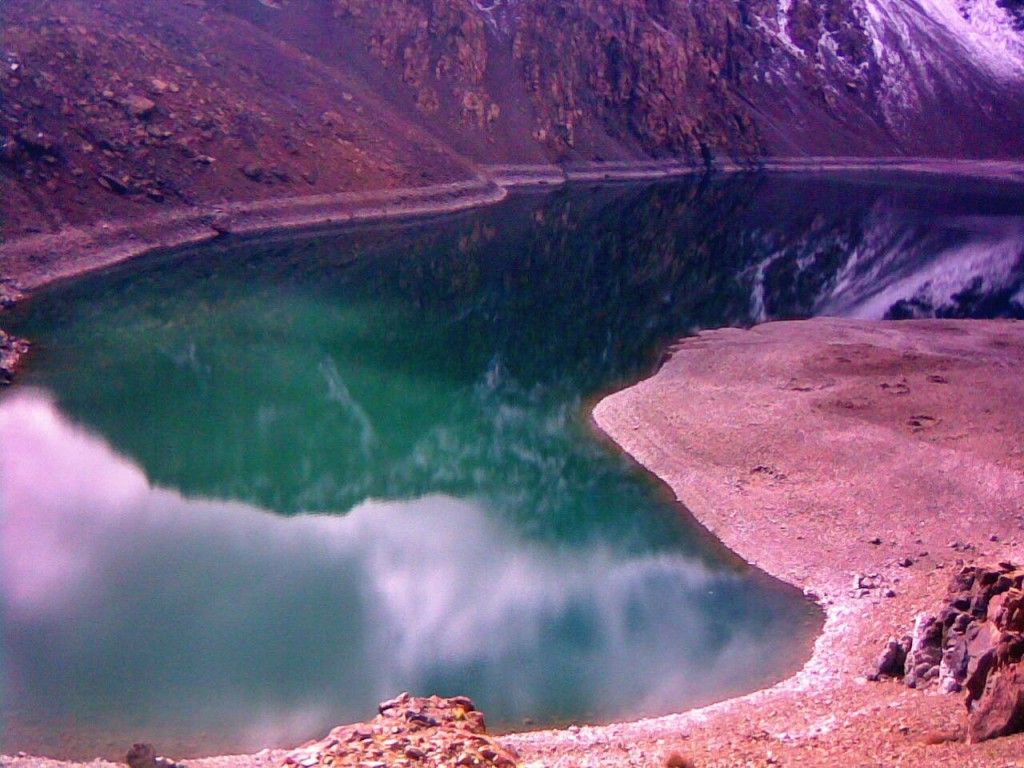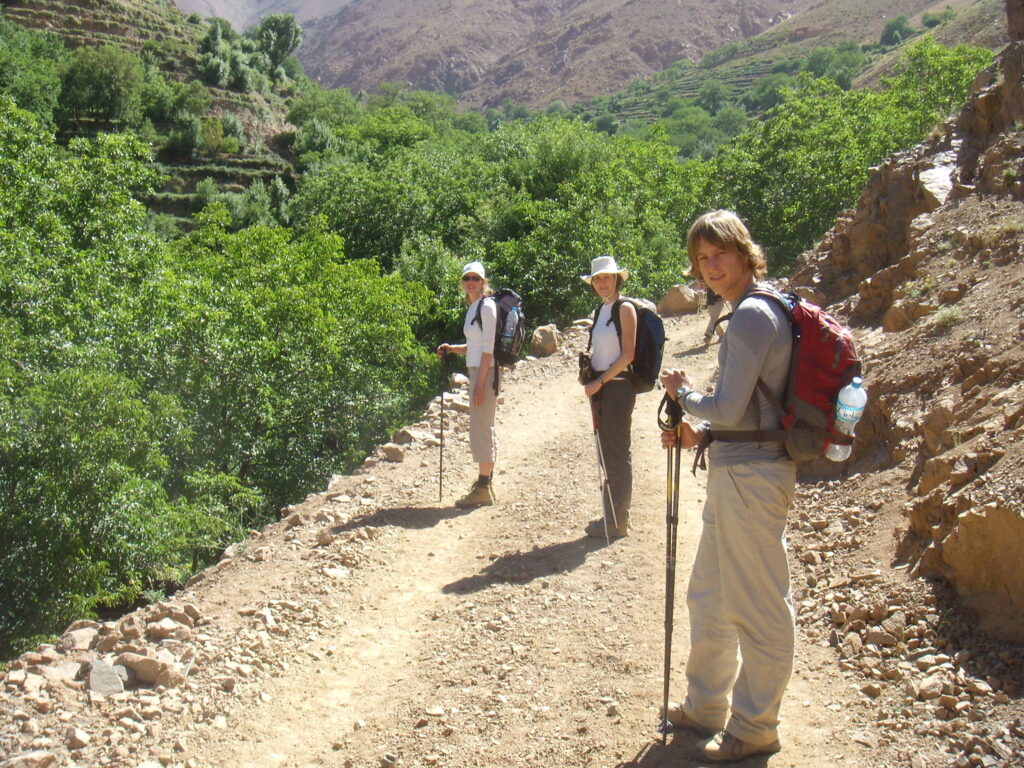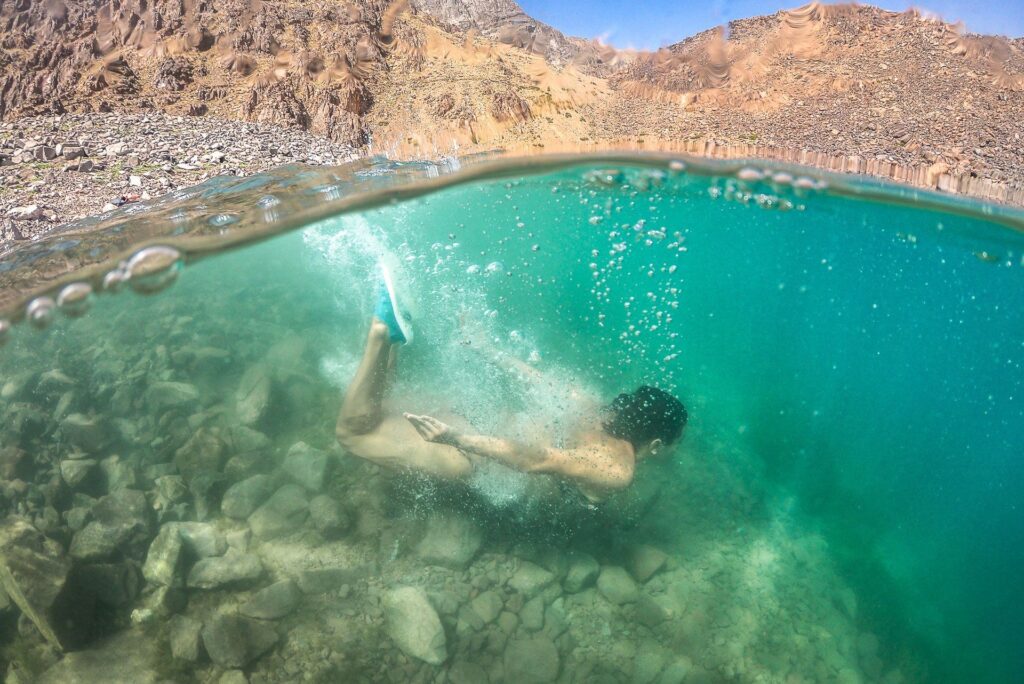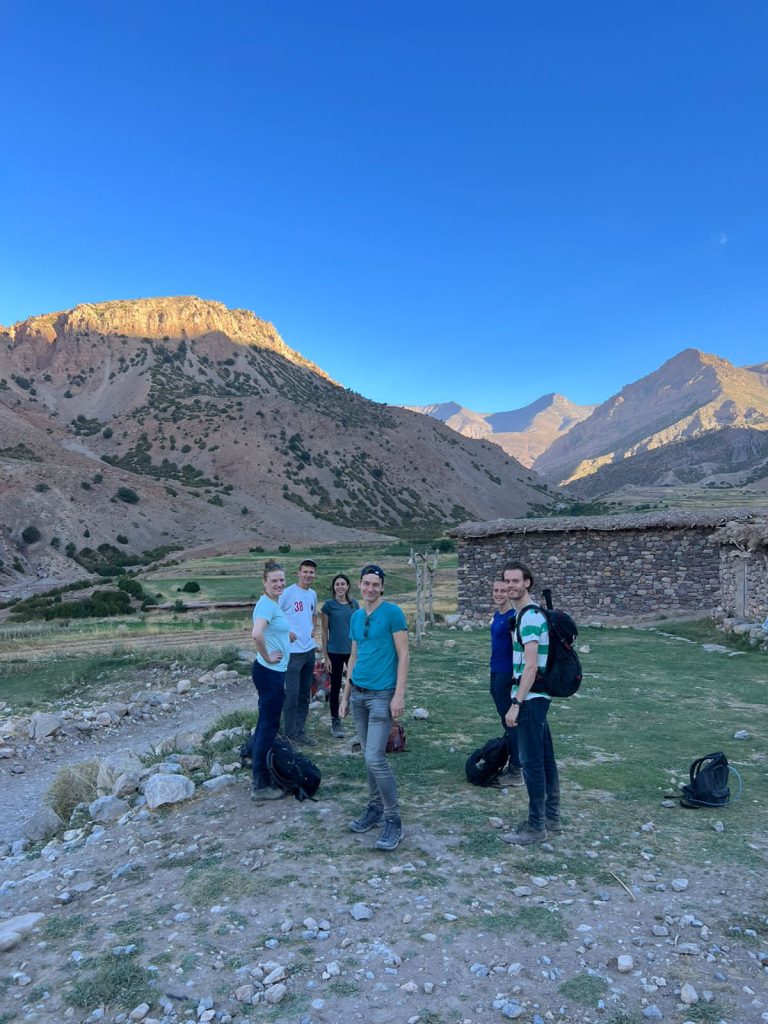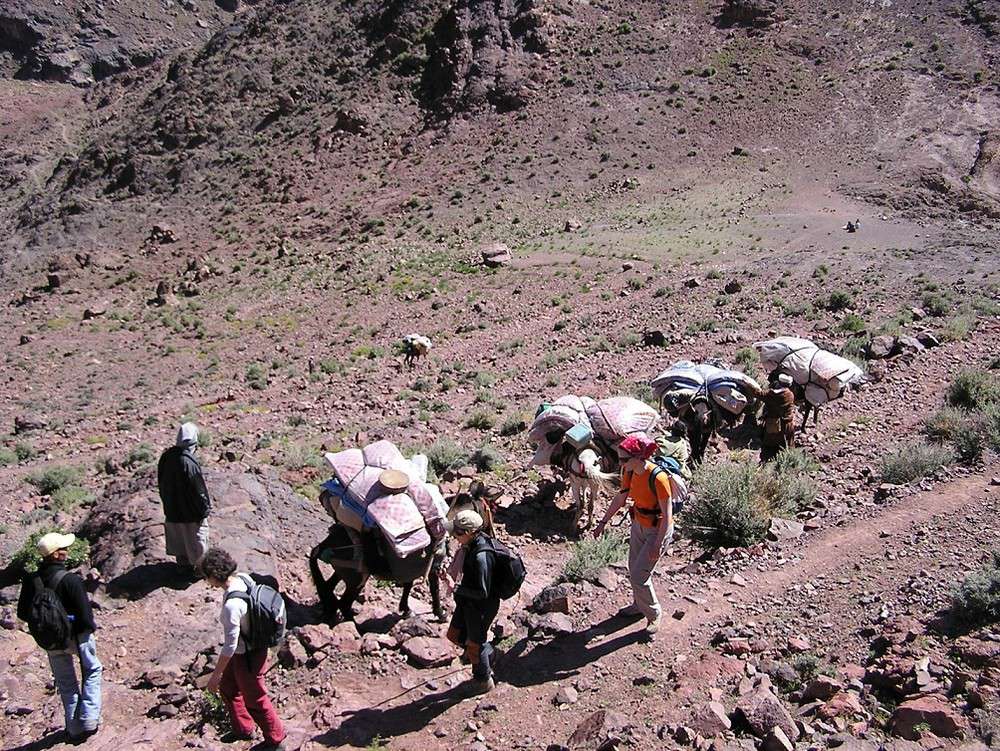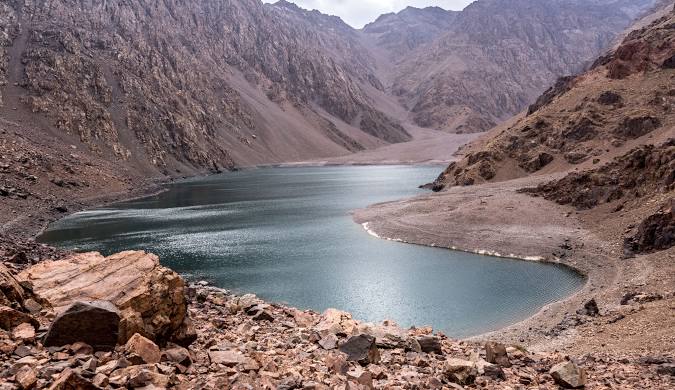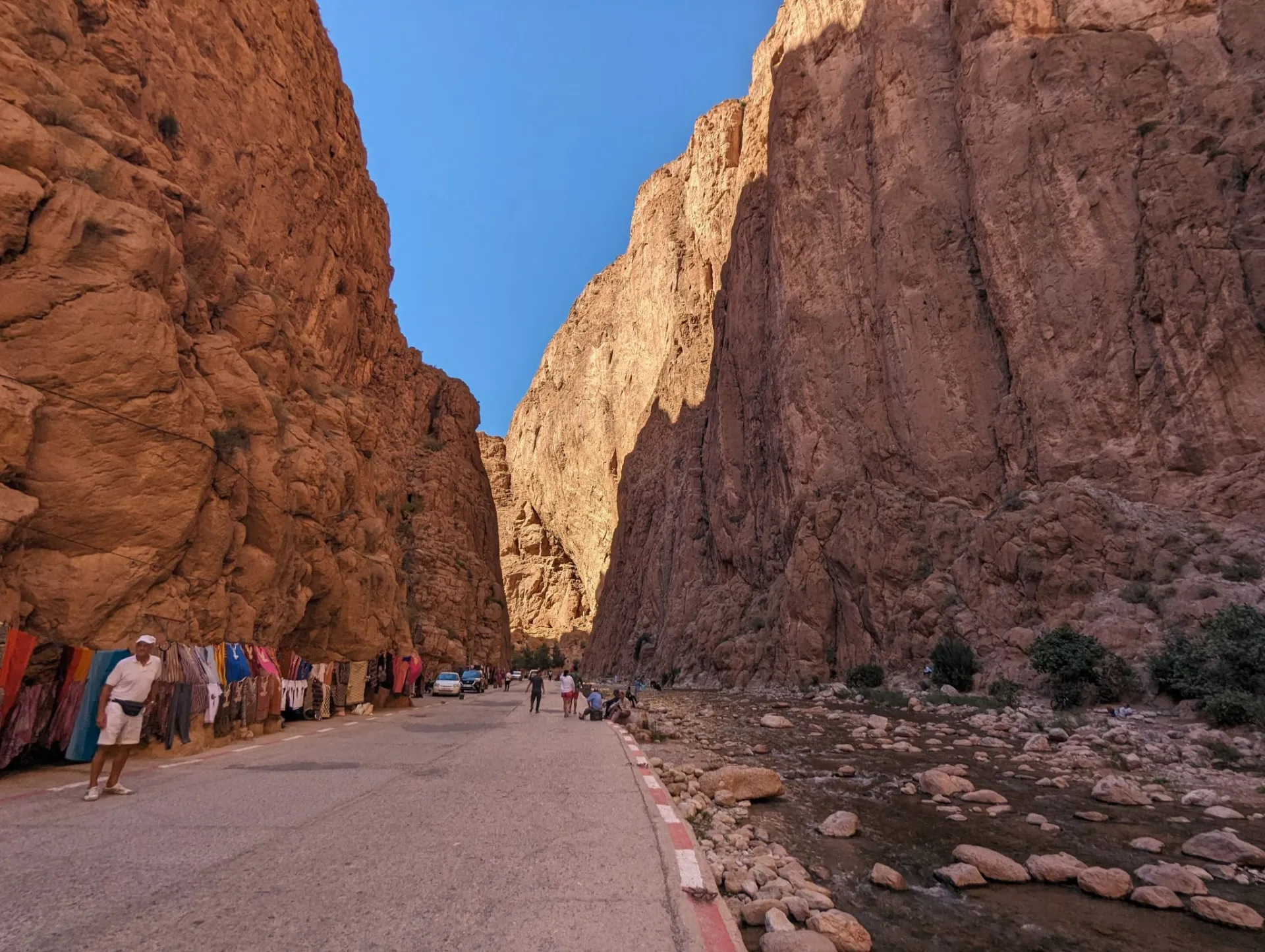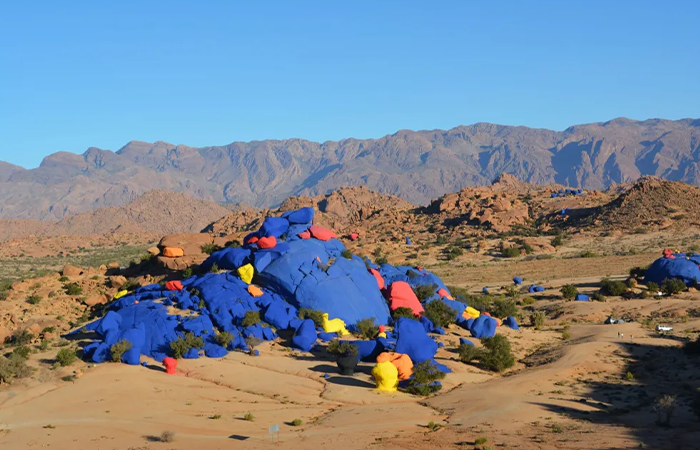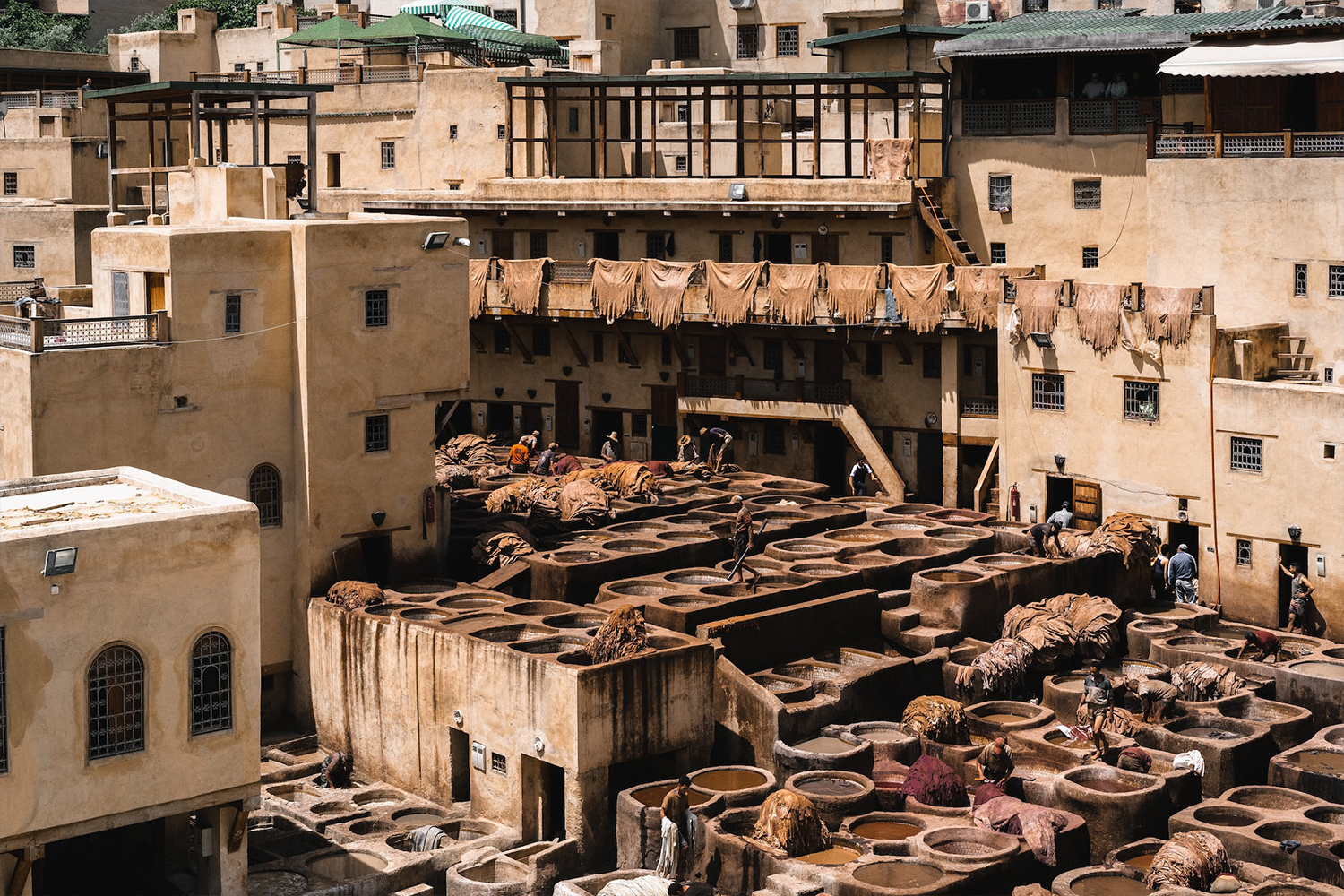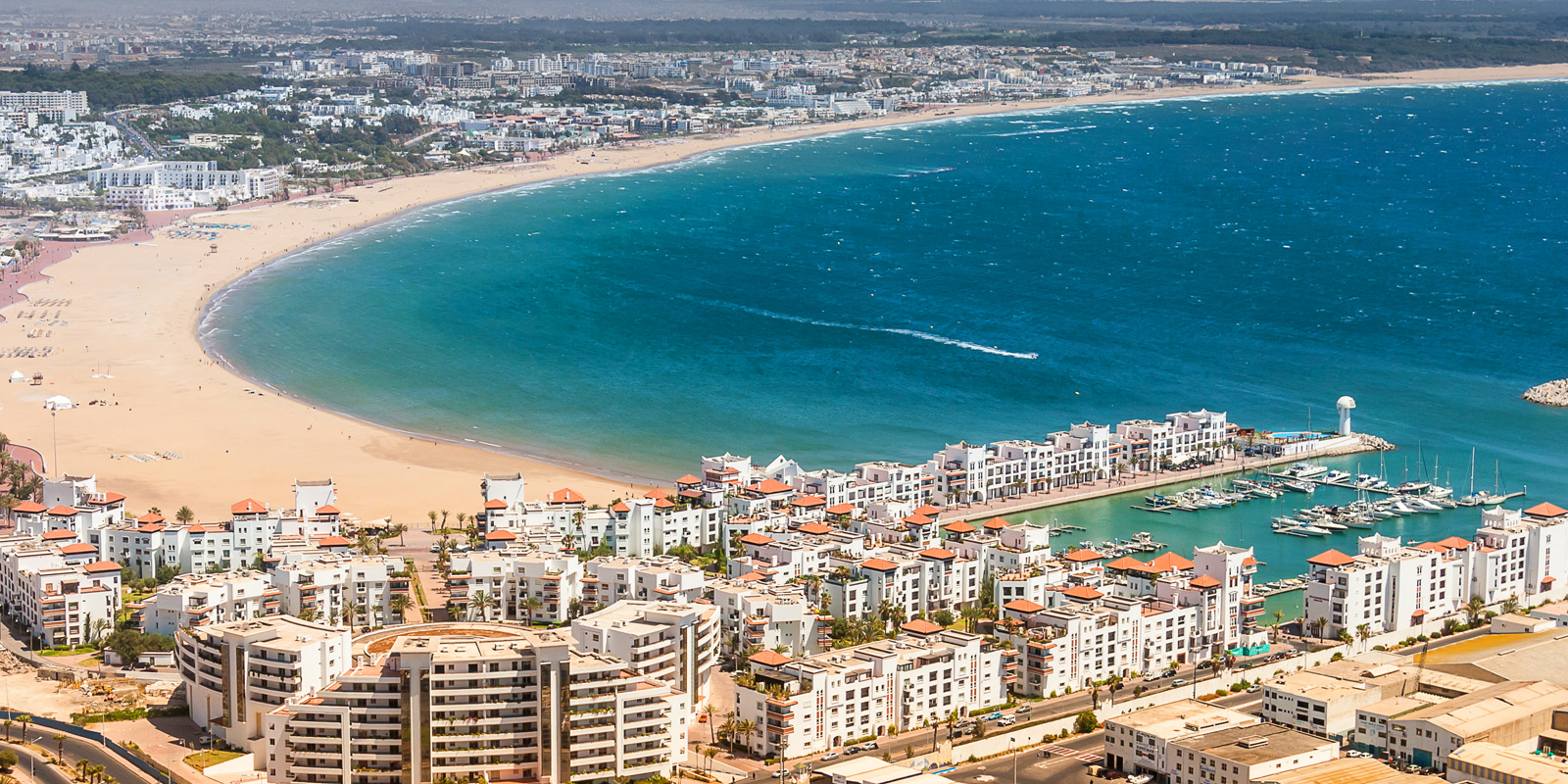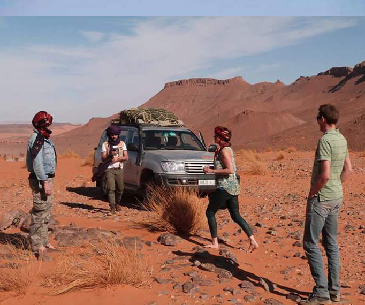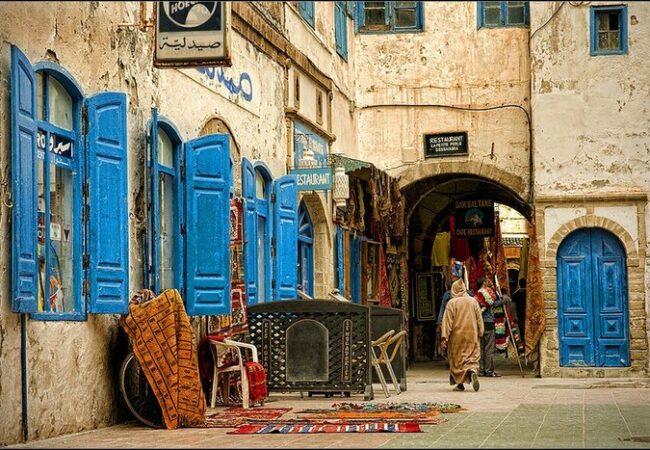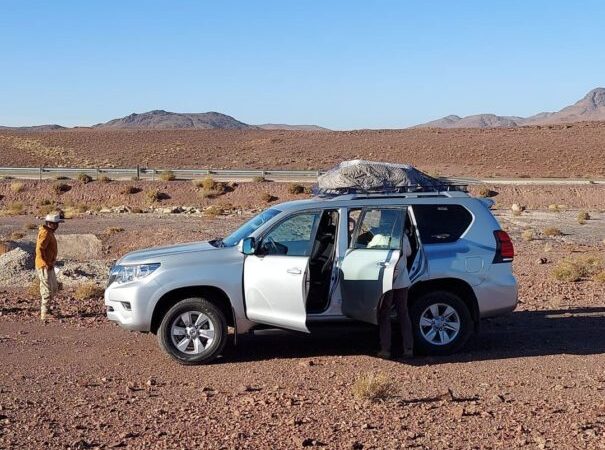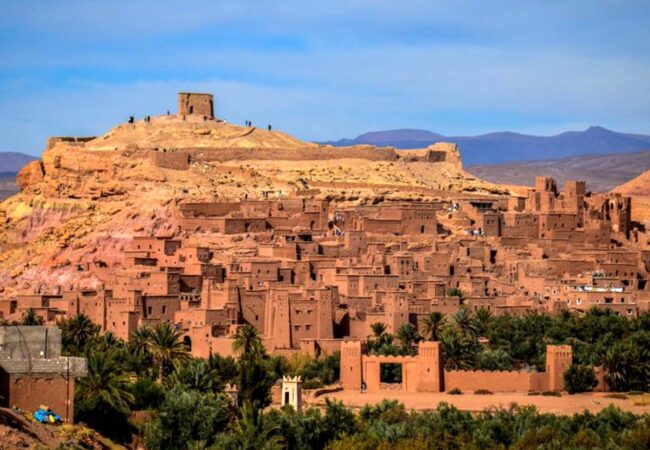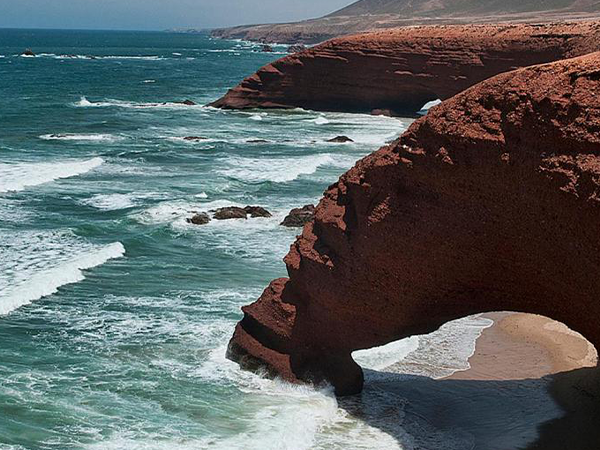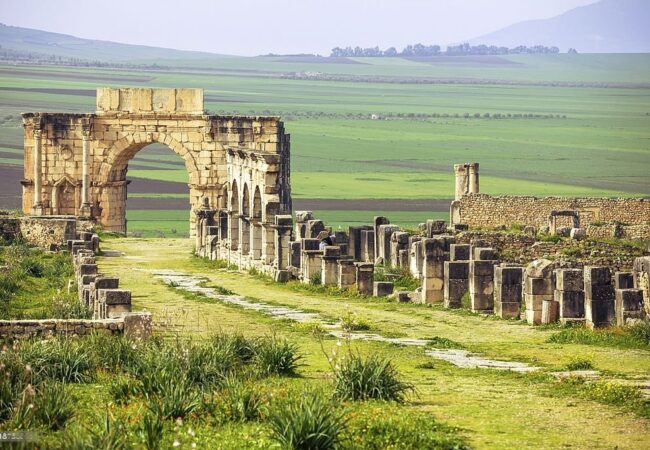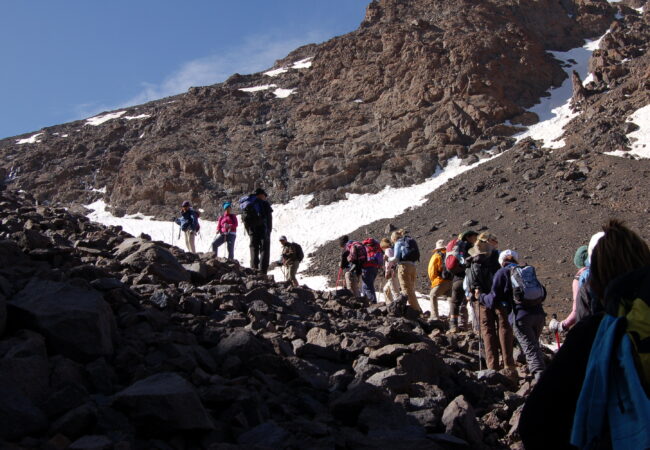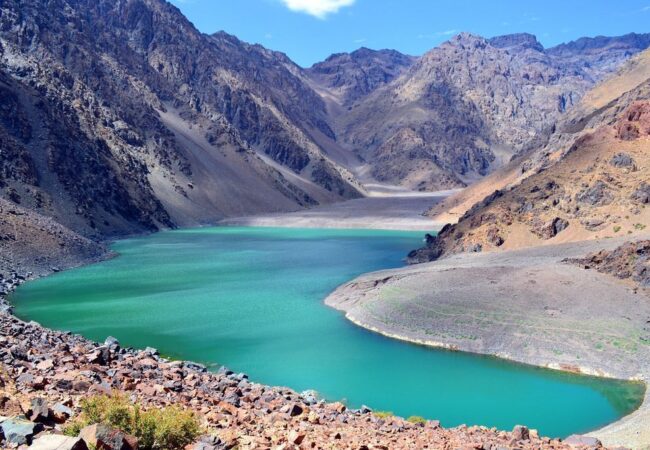Lake Ifni: Discover Morocco’s 1 Amazing High Atlas Lake
Discover the breathtaking beauty of Lake Ifni, a magnificent high-altitude lake nestled deep within Morocco’s High Atlas mountains. Known by many names including Ifni Lake and Lac Ifni [Source list], this natural wonder is an emerald jewel set against the rugged terrain. For visitors exploring the Atlas Mountains region, particularly those venturing towards Toubkal, a visit to this stunning mountain lake Morocco offers a unique and memorable experience.
Lake Ifni’s location is near the village of Amsouzart, in the heart of Toubkal National Park, at the bottom of a valley framed by the peaks of Jebel Toubkal. It is situated in the Taroudant Province, facing Toubkal. The lake sits at a significant elevation, variously reported between 2,295m and 2,500m, making it one of the highest lakes in Morocco. The surrounding landscape is incredibly vast and remote, offering a sense of profound peacefulness.
The Statistics of Lake Ifni
- Length: 870 meters (or 900 meters)
- Width: 490 meters (or 400 meters)
- Depth: Over 30 meters (or approximately 50 meters)
Lake Ifni is notable as the largest mountain lake in Morocco. Its striking blue or azure color is seemingly due to the plants that grow under the water. It has been described as a giant blue opal, cradled in a remote basin.
A Lake of Mysterious Origins
The formation of Lake Ifni is a subject of ongoing discussion among scientists, with several theories proposed:
- The Volcanic Theory: One study from 1919 suggested volcanic origins linked to ancient activity. Alternatively, volcanic activity may have formed the crater itself.
- The Natural Dam Theory: A widely accepted view is that rock slides created a natural dam, blocking a valley stream. Similarly, a landslide may have closed off the southern side.
- The Ice Age Theory: Another interpretation suggests formation during ancient geological periods when large ice accumulations melted.
- Accumulated Snowfall: Accumulated snowfall and its melting over millennia is also cited as a source of its water.
Regardless of the precise mechanism, the geological history of the area surrounding Lake Ifni dates back over 245 million years, making it a testament to Morocco’s ancient geological heritage.
More Than Just a Scenic Spot
Beyond its beauty, Lake Ifni serves a crucial role as a vital water source for thousands of families in the Tifnoute Valley, upon which they depend for drinking water and agriculture. The waters of the lake eventually contribute to the Souss Massa basin, some 200 kilometers away. Its importance as a water source, combined with its environmental, agricultural, and cultural heritage value, highlights the need for sustainable management. Efforts are underway, involving local communities and organizations like the High Atlas Foundation, to develop plans addressing challenges such as erosion, waste pollution, and deforestation, and to establish infrastructure like waste management and clean water systems.
Getting to Lake Ifni
Historically, accessing Lake Ifni involved traversing a very stony and difficult track. However, thanks to an initiative by the Souss Massa Tourism Development Company, a new, well-made stone access path has been created, making the excursion more accessible for all. This trail starts from the Andouss café in Imhilene and climbs up to the lake over approximately 5 km. The route includes stops to admire the landscape, and mules are available if needed.
Alternatively, Lake Ifni is accessible from Imlil and is a key point on the multi-day Toubkal Circuit hike. Hikers on this circuit often spend a rest day at the lake. Hiking to the lake from Amsouzart is described as being on a broad path. For those driving, reaching the lake might involve driving 70 kilometers on an unpaved road from the Aouloz commune or following a winding path up from Imhilene village. Note that reaching the Toubkal summit from Lake Ifni requires the mandatory use of a guide.
Activities at Lake Ifni
- Hiking: Lake Ifni is popular with nature lovers and hikers. The hike to the lake offers spectacular scenery.
- Rest and Relaxation: The lake provides a refreshing spot for hikers. There’s a reception area near the lake with a bivouac area, toilets, pergolas for picnicking, and benches. Some trekkers choose to spend the night near the lake.
- Swimming: While the water is described as cold by some, others found it not as cold as expected despite the glacial melt. You can risk swimming, except in the northeastern part which is considered dangerous. Floating on your back offers a connection with nature.
- Photography: The shimmering blue water against the mountain backdrop is highly photogenic.
The shores of Lake Ifni are steep except in the west, where a vast stony plain borders the lake. The valley below is green and dotted with small villages, where Berber people cultivate the land using terraced crops, sustained by the water flowing from the lake. A few cafes and lodgings can be found in the valley, welcoming visitors. For those undertaking the Toubkal Circuit hike, accommodation options are available in nearby Amsouzart and other villages.
When visiting this remote area, it’s essential to be sensitive to the local culture. Morocco is a conservative Muslim country, and modest dress is highly valued, especially in mountain villages where traditional dress is common. Covering your arms and legs completely is recommended to feel more comfortable and respectful. Also, be mindful of the impact of the September 2023 earthquake in surrounding valleys and villages like Asni; approach the area with sensitivity.For adventurers seeking a unique destination away from the most crowded tourist spots, Lake Ifni offers a compelling reason to explore the stunning High Atlas Mountains.
Table of Contents
